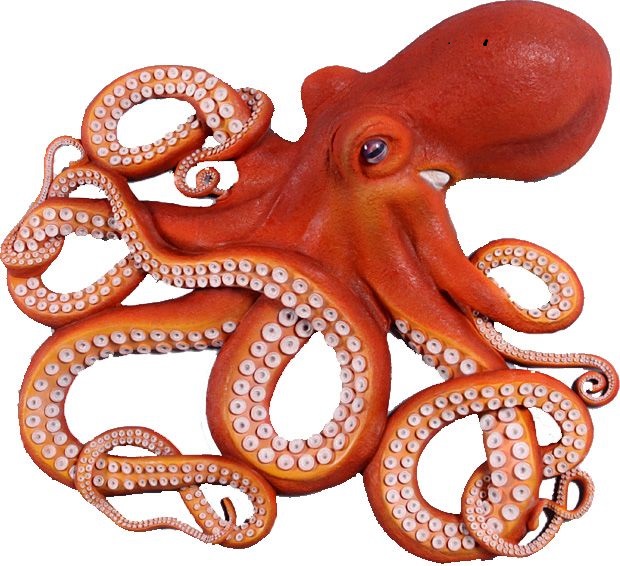
health benefits of octopus health benefits
Octopus is an excellent source of lean protein, providing about 15 grams per 3-ounce serving. It is also low in fat and cholesterol, making it a great choice for those looking to maintain a healthy weight. Octopus is also a good source of important minerals, including calcium, magnesium, phosphorus, selenium, and zinc.

What Does Octopus Taste Like? [Definitive Guide] Medmunch
High in protein: Octopus is an excellent source of lean protein, which is essential for muscle growth and repair. Low in fat: Octopus is low in saturated fat and cholesterol, making it a heart-healthy food choice. Rich in vitamins and minerals: Octopus is packed with vitamins B12, B6, and minerals like iron, copper, and selenium.

7 Octopus Health Benefits, Nutrition & Side Effects
In summary, octopus is a healthy and nutritious food that can provide a range of essential vitamins and minerals. When prepared properly, it can be a delicious addition to your diet. Nutritional Value. Octopus is a highly nutritious food that provides a range of essential vitamins and minerals. Here are some of the key nutritional benefits of.
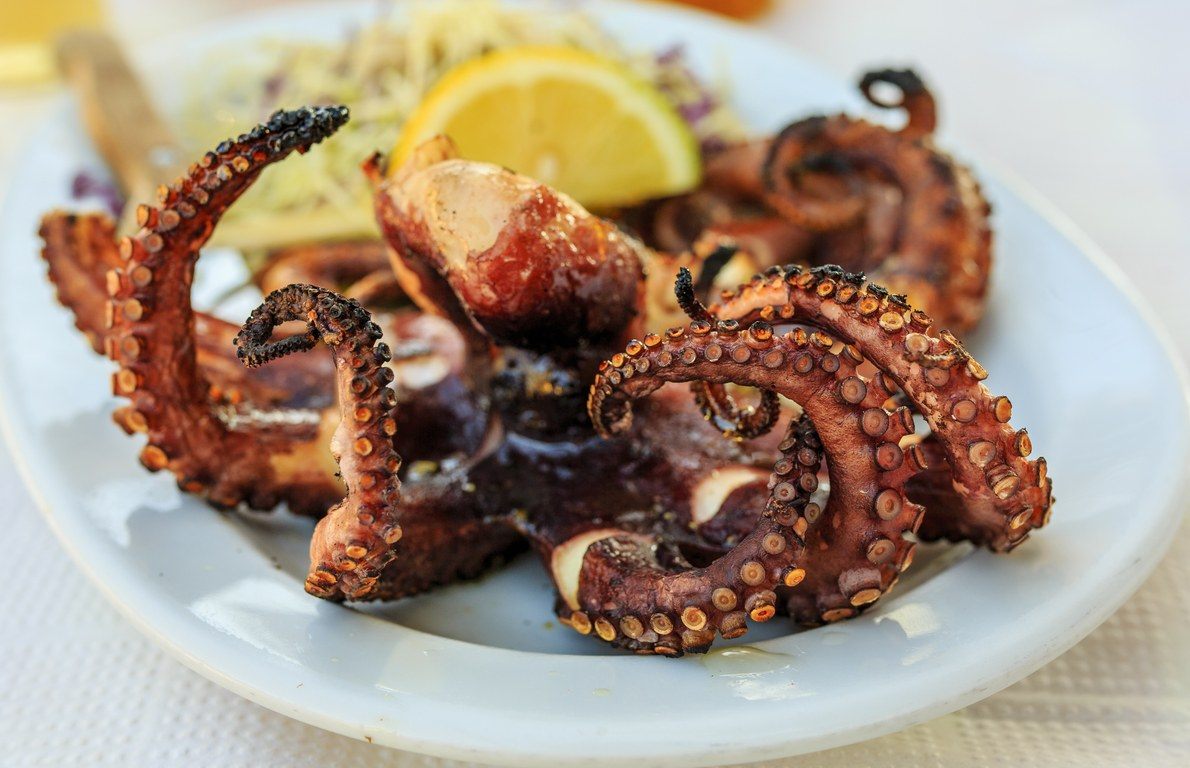
Eat Octopus from The 10 Healthiest and Unhealthiest Canned Seafoods Slideshow The Daily Meal
Opt out of food Nicola Twilley | Aeon | 6 October 2014 The implications of the food substitute Soylent. You don't have to cook; you save 60-90 minutes in your daily routine and make some economies.

Octopus, Natural Seafood, Healthy Organic Food Stock Image Image of food, cuisine 107761023
Yes, overall octopus is a healthy option. It is low in calories and fats while maintaining a generous amount of vitamins and minerals, including the B vitamins, selenium, magnesium, and a host of others. Furthermore, octopus is a great source of protein and healthy fatty acids.

What Does Octopus Taste Like Carmela POP
Health Benefits Allergies Adverse Effects Storage and Food Safety Octopus is a type of shellfish that serves as an important source of protein for many coastal communities around the world. This fascinating sea creature is also considered a delicacy in many cultures.

Pet Octopus Care Guide Diet, Breeding & More » Petsoid
A dietitian explores the health benefits, downsides, and nutritional value of eating octopus. The octopus is a type of cephalopod that lives in the ocean. It's well-known for having eight legs and being one of the most intelligent creatures in the sea (1, 2). Octopus is also a culinary delicacy […]

octopus Healthy Soul
29th December 2023 The octopus is a type of cephalopod that lives in the ocean. A dietitian explores the health benefits, harms and nutritional value of eating octopus. It is known for having eight legs and being one of the most intelligent sea creatures ( 1, 2 ). Octopus is also a culinary delight in coastal areas around the world.
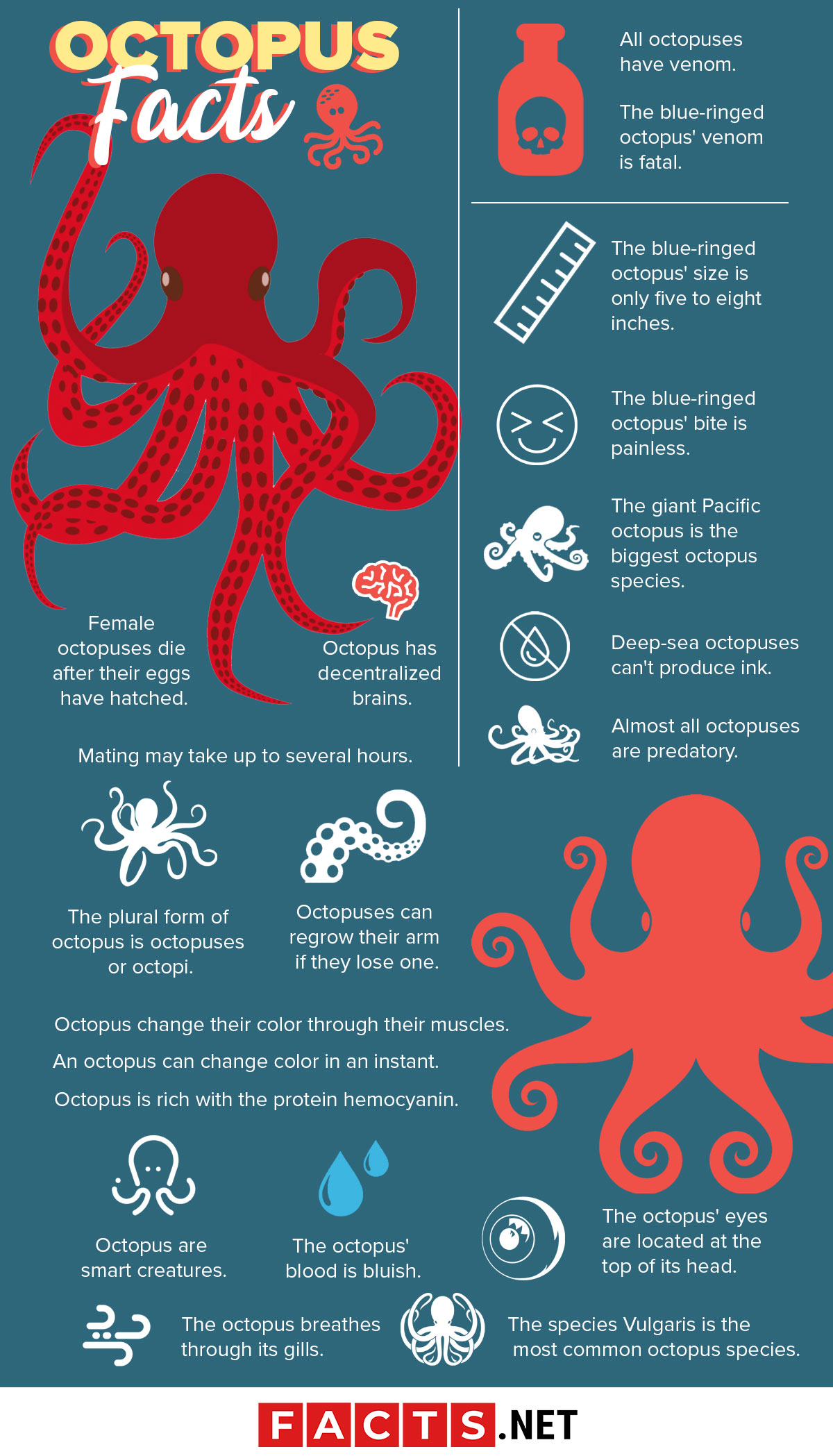
50 Surprising Octopus Facts You Probably Never Knew
Octopus is rich in omega-3 fatty acids that help in fetal development, improve cognitive functions, and maintain cardiovascular health, while the antioxidants strengthen immunity. Who Can Consume It? Everyone can eat octopus, as long as they are not allergic. How Often?
/182147638-56a006d35f9b58eba4ae8c3e.jpg)
Octopus Facts Habitat, Behavior, Diet
Omega-3 Selenium Copper Vitamin B12 It's also an excellent source of potassium, magnesium, and calcium. Studies show that these minerals in combination can reduce the risk of stroke and promote a.
:max_bytes(150000):strip_icc()/octopus_annotated-f8f903f1be0a4fc19bc3aa495f1f198f.jpg)
Octopus Nutrition Facts and Health Benefits
Octopus provides your entire daily requirement of vitamin B-12. This vitamin is essential for metabolism, creating new red blood cells and supporting everyday brain functions. You need 2.4 micrograms of vitamin B-12 each day, says the Office of Dietary Supplements. Having a 3-ounce serving of octopus for dinner offers more than 30 micrograms.
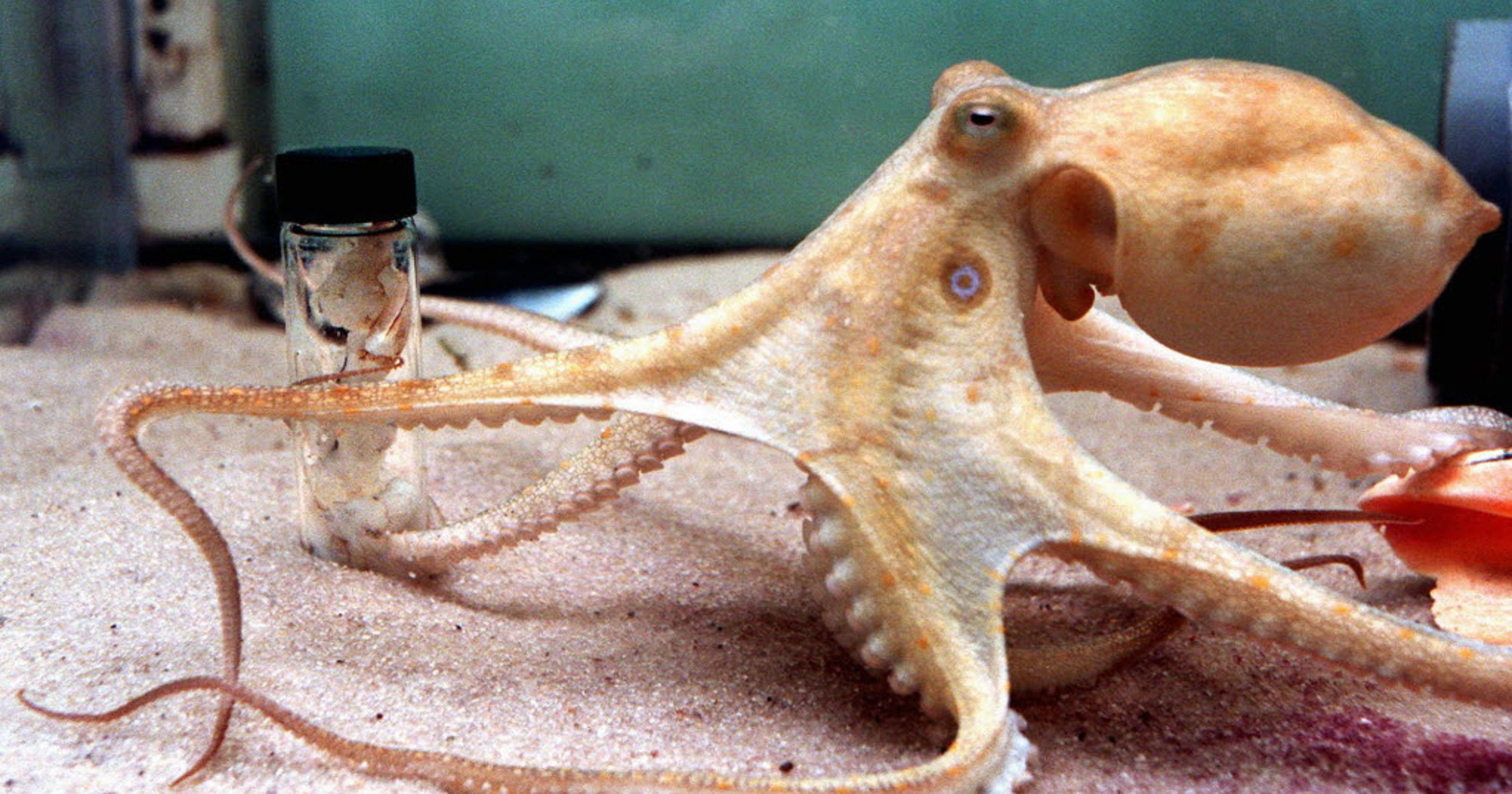
How does an octopus eat? Ask USA TODAY
Table of Contents Octopus Diet Octopuses are carnivorous invertebrates that primarily feed on other ocean creatures. Their diet varies depending on their habitat, size, and species of octopuses. Octopuses are opportunistic predators, meaning they eat whatever is available in their surroundings.

Health benefits of Octopus YouTube
Octopus is also helpful for preventing certain mental disorders such as depression thanks to the fatty acids it's rich with. Enjoy Octopus At Assaggio Come to Assaggio today to try some of the best and most authentic food that Boston's North End has to offer!

The health benefits of Octopus Health, Octopus, Personalized nutrition
Benefits Considerations Bottom line A dietitian explores the health benefits, downsides, and nutritional value of eating octopus. The octopus is a type of cephalopod that lives in the ocean..

Interesting facts about Octopus Biology Petlife
Octopus is also high in omega-3 fatty acids, which are healthy for your heart (more on that below). Moreover, octopus is high in vitamins and minerals such as zinc, copper, and selenium. Grilled Spanish Octopus Octopus Is Good For Your Heart
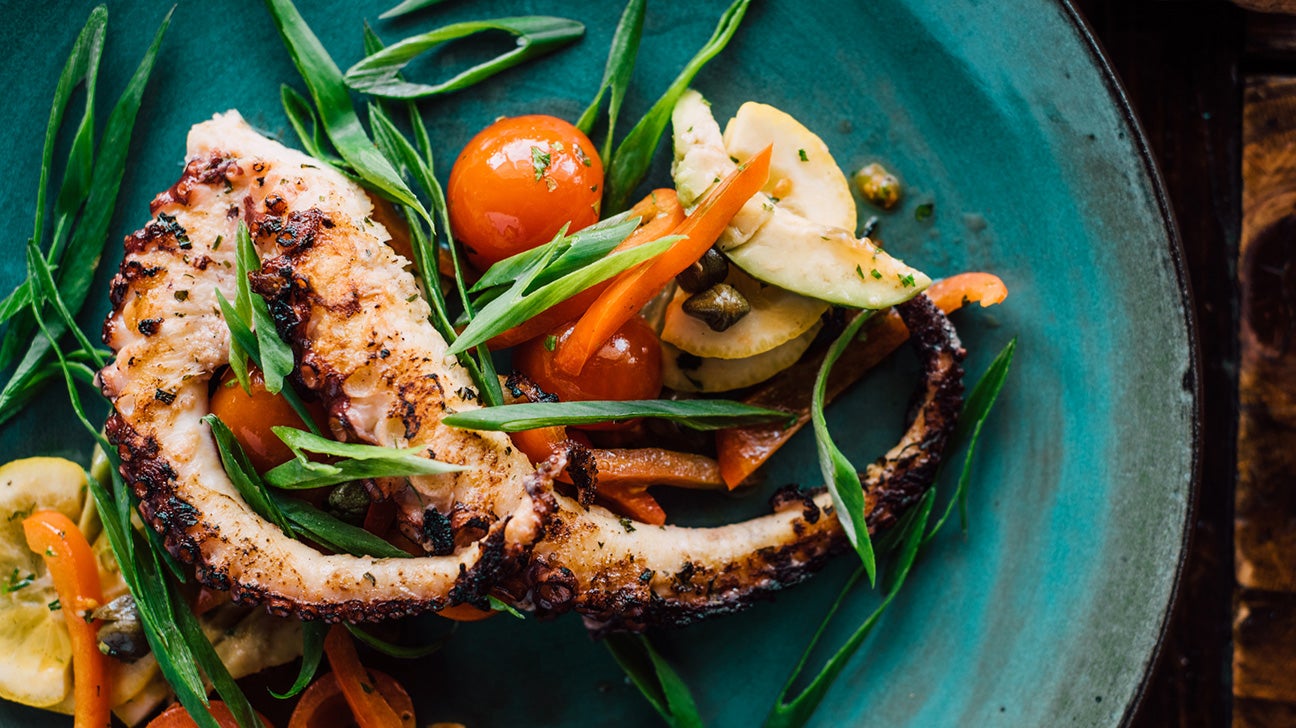
Is Octopus Healthy? Nutrition, Benefits, Downsides
Is Octopus Healthy? Octopus is a nutritious seafood option that can provide an array of health benefits. It is low in fat, high in protein, and packed with vitamins and minerals such as vitamin B12, iron, and zinc. Additionally, octopus contains taurine which has been linked to numerous health benefits including improved cardiovascular health.